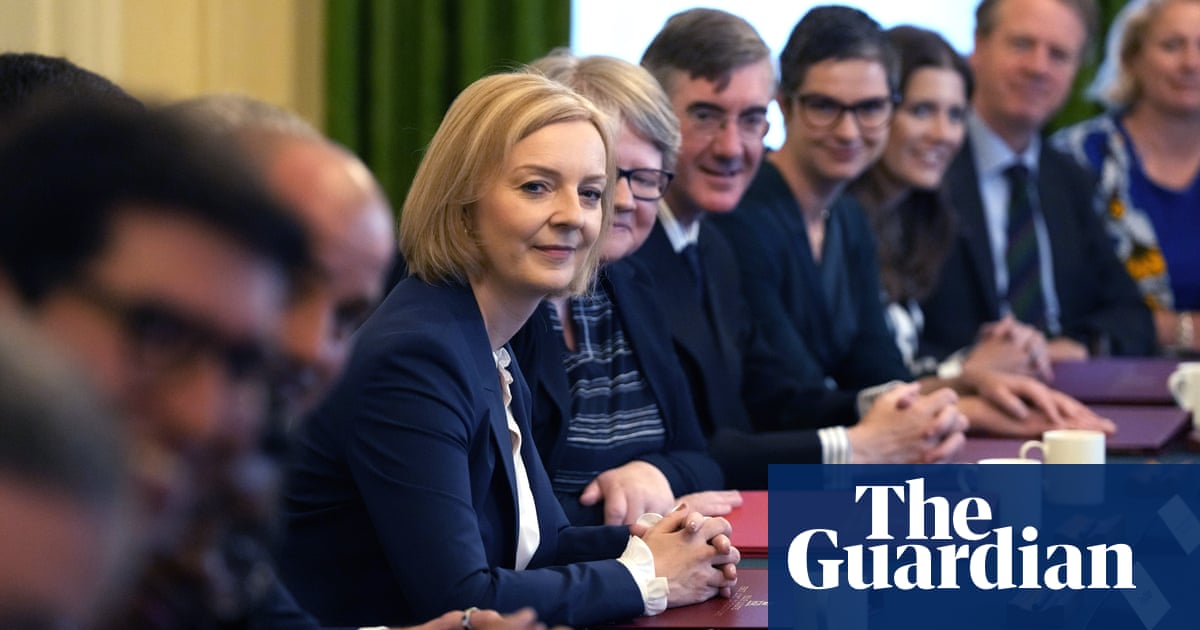
Children at a leading London hospital who were admitted with a rare but severe illness as a result of coronavirus infection had made a good recovery by the end of six months, although some needed ongoing physical therapy or mental health support, according to a small study.
The unusual and very serious complications of Covid experienced by a tiny minority of children caused concern last year. In April 2020, NHS doctors were told to look out for a rare inflammatory disease linked to coronavirus. It looked like Kawasaki disease shock syndrome, which usually affects the under-fives, but this was afflicting children twice that age and older. Symptoms included high fever, rash, red eyes, swelling and general pain.
Between March and June 2020, 250 cases were identified in the UK and Ireland. More were diagnosed in the second wave this year. It is thought the condition is caused by an overreaction of the immune system to the virus. Symptoms occur more than four weeks after coronavirus infection. In some rare cases, they have led to multiorgan failure.
One of the major centres that treated the more severely ill children with what became known as PIMS-TS (paediatric inflammatory multisystem syndrome temporally associated with Sars-CoV-2) was the Great Ormond Street children’s hospital (GOSH) in central London.
A study in the Lancet Child and Adolescent Health journal reports on 46 of those children, with a median age of 10. Thirty patients were male and 16 were female, 37 were from minority ethnic groups, and eight had pre-existing health issues.
None died and most of the children’s complications had resolved within six months of going home. “Most inflammation, gastrointestinal, heart, and clinically significant neurological symptoms were resolved within six months of being discharged from hospital, suggesting long-term damage to the organs is rare,” says the study.
All but one of the children returned to school, in person or online. But some of the children needed further help for muscle fatigue, which prevented them walking far or exercising. Others continued to experience mental ill-health including anxiety and severe mood changes. Seven children’s parents reported their children were experiencing emotional difficulties, while eight children reported emotional difficulties themselves.
Dr Karyn Moshal from GOSH cautioned that this was an observational study, so the children were not compared with others of their age and it was not possible to be sure these effects were caused by the syndrome.
“The levels of fatigue and muscle weakness we found at six months follow-up are concerning and require close monitoring, but it’s difficult to determine whether this finding is caused directly by PIMS-TS or if it’s a result of the disruption in children’s lives that the Covid-19 pandemic has caused on a wider scale. Therefore, it’s crucial that we continue to monitor these conditions as social distancing relaxes and children return to school and more active routines,” she said.
Dr Justin Penner, a co-author of the study from GOSH, said it included only a small group of children from one hospital. “Nevertheless, these findings can hopefully signal cautious optimism that many of the most severe effects of PIMS appear to resolve within six months. However, the persisting fatigue, difficulty exercising, and mental health effects we saw in some children, which can interfere with daily lives, must be closely monitored, and patients should continue to be supported by medical teams with a range of specialisms.”












